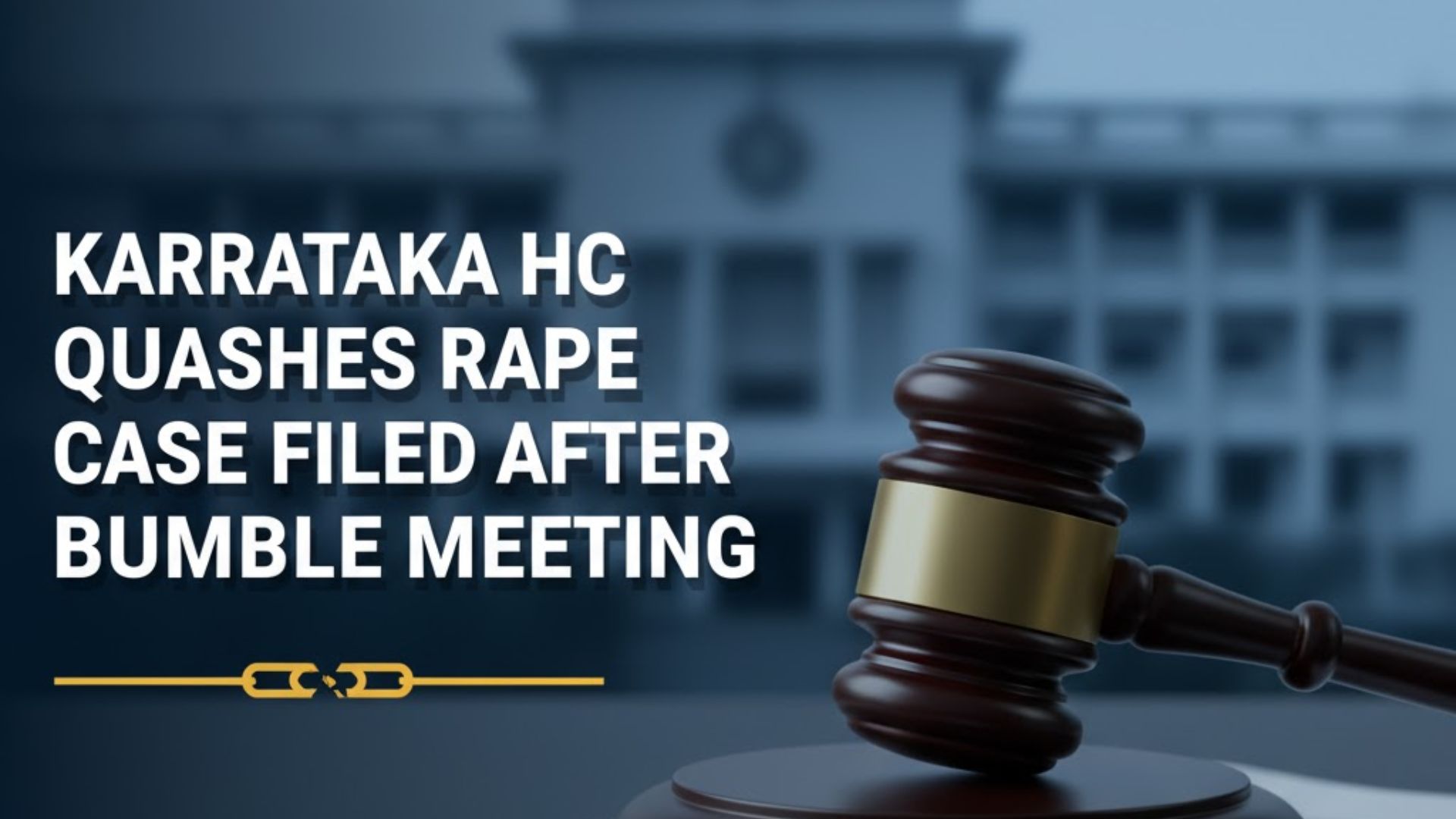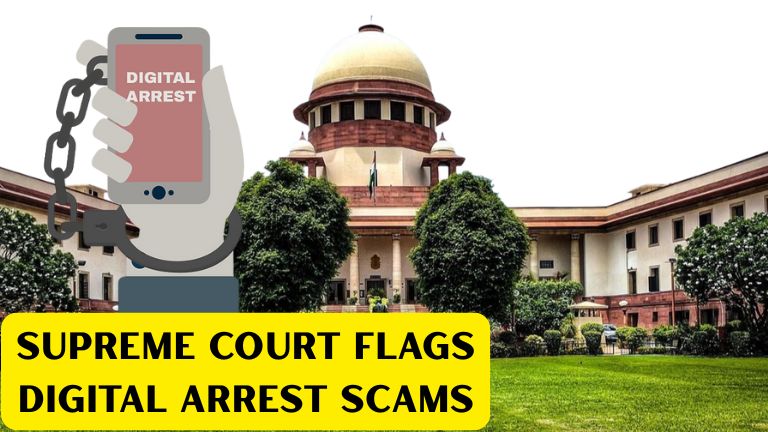Anil Kshetarpal, J
This judgment shall disposed of the Civil writ petition Nos.28901, 27010, 29103, 29114, 27796, 28742, 32666, 33133, 27839, 28458, 31793 of 2019, 7906
and 10975 of 2020. Counsel for the parties are ad-idem that these writ petitions can conveniently be disposed of by a common judgment as the issue
which require adjudication is the same.
The issue which requires adjudication is as to whether the masters degree in M.Ed is to be treated as a Post Graduation Decree for the purpose of
appointment to the post of Assistant Block Resource Coordinators (hereinafter referred to as 'ABRC'), who are sought to be appointed in the cluster
of 10-15 schools to mentor, monitor and to give academic support to the officials/teachers posted in the schools. On 15.06.2019, a recruitment notice
was issued by a Society-Haryana School Shiksha Priyojna Parishad. The applications were invited for appointment to the post of ABRC on purely
contractual basis initially for a period of one year and extendable on the basis of performance. As per recruitment notice, the essential qualification
were as under:-
“Essential qualification (EQ) for the post of ABRC:-
(i) Post Graduate in 1st class with B.Ed/M.Phill/UGC Net; and
(ii) Matric with Hindi/Sanskrit or 10+2/B.A./M.A with Hindi as one of the subject and Preference will be given to candidates having
knowledge of computer in Microsoft office including Excel, Access and Power point and experience in Government Department.â€
The petitioners participated in the recruitment process by appearing in the written examination held by the Haryana School Education Board.
However, they were not selected, resulting in filing of these writ petitions. At this stage, it is significant to note that the petitioners have not impleaded
any expert body like University Grant Commission or NCTE. This court has been called upon to declare that M.Ed. qualification is equivalent to Post
Graduate in Ist class. Strong reliance has been placed on a recent judgment passed by the Hon'ble Supreme Court in Anand Yadav and others vs,
State of Uttar Pradesh and others, (Civil Appeal No.2850 of 2020, decided on 12.10.2020).
It is not in dispute that none of the petitioners has passed his Post Graduation Degree i.e. M.A. in first class which is the essential qualification.
In Civil Writ Petition No.29114 of 2019, the petitioner has passed M.A in Psychology with 65% marks but she did not apply on the basis of same
qualification. Similarly, in Civil Writ Petition No.27839 of 2019, the petitioner did not apply on the basis of M.A qualification. He has also not disclosed
his marks. In Civil Writ Petition No.7906 of 2020, the petitioner did not appear before the Documents Verification Committee on 13.09.2019 and has
not passed his M.A. in Ist class.
Now the question which arises is “whether the judgment passed by the Hon'ble Supreme Court in Ananat Yadav's case(supra), unequivocally lays
down that M.Ed is a Post Graduation Degree and is to be equated with M.A across board. On careful reading and re-reading of the judgment passed
by the Supreme Court, it becomes clear that the court was faced with a situation where the employer after getting opinion of the Experts had issued
corrigendum and recognised M.Ed degree to be equivalent to the degree of MA(Education) for the purpose of appointment to the posts of Assistant
Professor. The same was challenged before the High Court. The High Court while relying upon judgment in Dr. Prit Singh vs. S.K.Mangal and others,
1993 Supp (1) SCC 714, reversed the decision of the employer. It may be noted here that in the case of Anand Yadav's case (supra), the Hon'ble
Supreme Court at more than one places has observed that the matter of equivalence should be left to the expert bodies and the courts are not
expected to sit over their decision as an appellate authority. The court also noticed judgment in Zahoor Ahmad Rather and others vs Sheikh Imtiyaz
Ahmad and others, (2019) 2 SCC 414, wherein it was held that it is no part of the role or function of judicial review to expand upon the ambit of
prescribed qualifications. Equivalence of a qualification is not a matter which cannot be determined in exercise of judicial review. Whether a particular
qualification should be or should not be regarded as equivalent, is a matter for the recruitment authority to determine. Further, it is significant to note
that the Supreme Court has noticed that M.Ed is a training qualification being a professional programme and it is a practitioner’s degreewhereas
MA is a regular programme in academic. No doubt, in paragraph 4of the judgment, the court noticed the aspects which arise for adjudication in the
case, however, thereafter refrained from giving any general declaration.
The court further noticed that the M.Ed can be treated as equivalent to M.A(Education) for the post of Assistant Professor. At this stage, it would be
important to notice the observations made in paragraphs 31, 32 and 33 which are extracted as under:-
31. We may also notice another important aspect, i.e., the employer ultimately being the best judge of who should be appointed. The choice
was of respondent No. 2. who sought the assistance of an expert committee in view of the representation of some of the appellants. The
eminence of the expert committee is apparent from its composition. That committee, after examination, opined in favour of the stand taken by
the appellants, and respondent No. 2 as employer decided to concur with the same and accepted the committee’s opinion. It is really not
for the appellants or the contesting respondent to contend how and in what manner a degree should be obtained, which would make them
eligible for appointment by respondent No. 2.
32. We hasten to add that it is not our view that an employer like respondent No. 2 can do as they please - they are guided and bound by the
terms of the UGC Act and the regulations thereunder, but then here, there is no doubt about the M.Ed. degree being a post graduate
degree, in view of not only what the UGC stated before us, but having promulgated the relevant Regulations as far back as 2010 as
amended from time to time. The issue of equivalence has been rightly considered by the NCTE and while recognising some distinct aspects of
two the degrees, it has clearly stated that for the job of Assistant Professors (Education), both are eligible.
33. We may notice that it is not as if a person with an M.Ed. degree is eligible for all the posts which were advertised for Science, Arts and
others. Their eligibility has been found only for the post of Assistant Professor (Education), which is directly relatable to the subject to be
taught. We do not think the fact that both M.Ed. and M.A. (Education) degree-holders have to take a common test for the purposes of NET
is conclusive, but it is one of the factors to be considered, and once the expert body being the NCTE, inter alia, has taken that aspect into
consideration apart from other factors to opine equivalence for the purpose of appointment to the post of Assistant Professor in Education,
it would not be appropriate to take a contra view.â€
The crux of the entire judgment is that it is for the employer to decide and the scope of judicial review in such cases is limited. The court no doubt held
that the employer shall be guided and bound by the terms of the UGC Act and the regulation framed thereunder.
Keeping in view the aforesaid authoritative pronouncements by the Hon’'ble supreme court, this court now proceeds to adjudicate these writ
petitions.
In the present case, the post in question is ABRC. The appointments are to be made on contractual basis. The post is not equivalent to a teacher. The
ABRC is sought to be appointed in the cluster of 10-15 schools to mentor, monitor and give academic support to the students studying therein. The
employer in its wisdom has considered it appropriate not to take into consideration M.Ed. Qualification as post Graduate in first class as required as
per advertisement. In reply to the writ petitions, this matter has also been strongly contested.
After having heard learned counsel for the parties and perused the paper books, this court is of the view that the petitioners have failed to place
sufficient material on the record enabling the court to return conclusive findings.
As noticed above, most of the counsels have relied upon the judgment in Anand Yadav's case (supra). Some counsels have referred to the opinion
given by the Maharishi Dayanand University and University Grant Commission. No doubt, the University Grant Commission has recognised M.Ed to
be a Master's course. However, on careful reading of the judgment in Anand Yada's case (supra), it is apparent that NATIONAL COUNCIL FOR
TEACHER EDUCATION (HEREINAFTER REFERRED TO AS THE 'NCTE') gave different projections about equivalence of both the
qualifications before the Supreme Court.
Keeping in view the aforesaid facts, it is considered appropriate to direct the respondent-Society to re-consider all these matters after calling a report
from the Experts in the field as well as from University Grant Commission and NCTE. Ultimate decision would obviously rest with the Society.
However, it is hoped that the officials of the Society would take a dispassionate view after considering the material.
Let a decision in this regard be taken within a period of 3 months. The petitioners shall be at liberty to submit fresh material, if any, available.
With these observations, all the writ petitions are disposed of.

